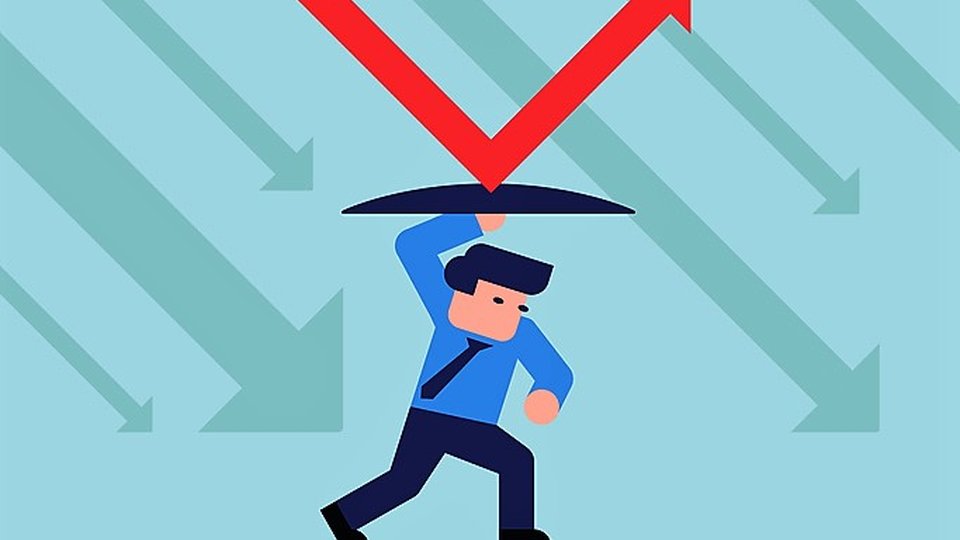Music & Games
Game machine operators seek ways to survive pandemic; political action called imperative
Options for improving revenue during the pandemic are limited for amusement machine operators, but some are discovering the importance of strong political organizations. An operator panel explores what operators can do to improve their situation.

August 31, 2020 by Elliot Maras — Editor, Kiosk Marketplace & Vending Times
With bars and restaurants restricted to 50% capacity in many states, amusement machine operators have reorganized their operations to improve efficiencies and remain viable businesses. Beyond that, operators have been limited in finding ways to offset their losses.
One area where operators can be proactive is on the political front to make sure they are not penalized by discriminatory regulations.
Those were the observations shared by six operators from different parts of the country during a recent operator roundtable webinar sponsored by the Amusement and Music Operators Association.
Ohio operators respond to challenge
Operators in Ohio were quick to respond when the state mandated all coin op equipment be turned off while state owned lotteries could stay on. People were playing on state owned kiosks, said Luke Adams, general manager, Pioneer Vending in Cincinnati, Ohio. The fight wasn't easy.
The Ohio association was well organized and had some strong political connections that allowed the operators to make their case to the governor.
But after the governor agreed to allow coin operated equipment to operate, he changed his mind after the big entertainment parks insisted they be able to be open as well.
The governor eventually amended his order after the amusement operators filed a lawsuit.
"We had voices coming from all corners of the state," Adams said.
Challenges arise in many states
Ohio's experience demonstrated the importance of having a strong state association.
Operators in Colorado currently face a similar discriminatory law, said Bob Burnham, owner, Paradise Pinball & Amusements Llc., Loveland, Colorado. Operators recently formed an association to make their voices heard.
Operators in Minnesota have a committee that holds a weekly call to discuss state legislation, said Tim Zahn, general manager, American Amusement Arcade, Bloomington. This activity has been helpful keeping the state government up to date on how the industry is addressing public safety.
Zahn said he advised the state health department that machines are being cleaned regularly, and fortunately, the department has permitted amusement machines to operate.
Operators in Washington State made a mistake by not staying organized, said Jim Marsh, president of Hart Novelty in Bellingham.
"You want to have a friend before you have a problem," Marsh said.
Greg Trent, president of Beyer & Brown Inc., Daytona Beach, Florida, encouraged operators to work with their local chambers of commerce. The chambers support business interests and are often helpful reaching out to state lawmakers.
Focus on operational efficiency
To improve business efficiency, Adams in Ohio said he reorganized his collection routes and cut route frequencies in half. With less work to be done, he expects to eliminate two or three positions in the foreseeable future.
Valley Vending Service Inc., Plattsburgh, New York, has implemented dynamic route scheduling, said Jeff Prescott, president and CEO. This has improved the efficiency of collections, but he has removed the minimum amount required for scheduling a collection. He said it is important to continue to maintain interaction with his accounts.
Several of the panelists noted they are taking a more selective approach to service calls.
Zahn said he is starting service later in the afternoon.
Burnham advised customers early on that he was furloughing some of his employees and that they needed to work with him on service calls.
In search of new revenue
Some operators have found creative ways to generate new revenue.
Beyer & Brown Inc. has sold used equipment on eBay and Facebook, Trent said.
Zahn said he is starting to rent older pinball machines to home market.
Government funds still available
Meanwhile, government funding remains available for those who seek it.
Marsh said his company has been able to get funds from a local port authority. He encouraged his fellow operators to learn about port authority funding programs.
Marsh is also looking at the federal Economic Injury Disaster Loan (EIDL) loan through the Small Business Administration. EIDL loans feature a 30-year amortization schedule, do not require payments for a year and the interest rate is low.
"If we don't need it we don't have to use it," he said. If a second COVID wave strikes, this loan will help.
The EIDL needs to be used for existing business activities, he said. "You can't use the EIDL money to go out and buy new things," he said.
A 'buyer's market' for equipment
While there isn't much demand for new equipment during the current slowdown, those in need of new equipment are taking advantage of a "buyer's market."
"The deals are really starting to show up out there," Burnham said. "We've picked up some smoking deals on almost new equipment."
A time to learn
One benefit of the slowdown is that it has given operators more time to think about how they operate.
"This has really challenged a lot of methods and ideas of how we've done things," Adams said.
He plans on taking some efficiencies he has put in place moving forward. He will continue to look at different aspects of the business with a critical eye and don't hold back for fear or a difficult conversation.
About Elliot Maras
Elliot Maras is the editor of Kiosk Marketplace and Vending Times. He brings three decades covering unattended retail and commercial foodservice.
 ChatGPT
ChatGPT Grok
Grok Perplexity
Perplexity Claude
Claude






